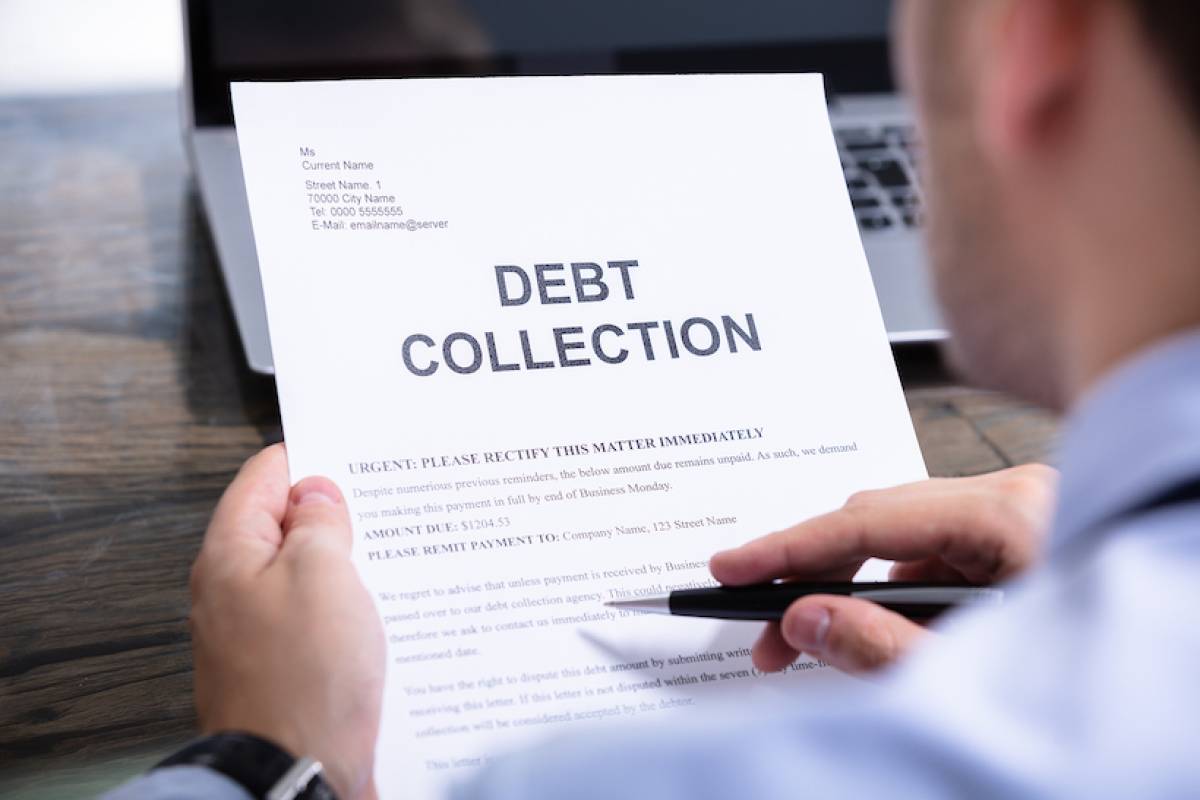Dealing With Debt Collection Calls

Debt collection calls can be intimidating and overwhelming as some debt collectors might violate the law while attempting to fetch money from you.
However, you might save yourself from such harassment if you understand your rights.
Understand Your Rights in Debt Collection Calls
By understanding your rights in debt collection calls, you will be better positioned to establish when the debt-collecting agency crosses a line into illegal territory, thus avoiding intimidation by unlawful tactics. It is even possible to apply the debt collector's law violations to your benefit at some point.
Additionally, learning some fundamental dos and don'ts when dealing with debt collection calls can ease your anxiety. And most importantly, knowing what to say and do when a debt collection agent calls can help you evade making a mistake that could cost you later. Such mistakes can put you at financial or legal risks.
Sometimes you may not be owing to the original creditor because the debt might not belong to you, you may have already paid off the debt, or the statute of limitations might have expired.
In that case, you need to know how to handle debt collectors when they call you.
Top Tips to Deal with Debt Collector Calls
With that said, here’s how to deal with debt collector calls.
1. Insist upon validation of the debt
When debt collectors call you, you have the right to choose from ignoring the calls or simply responding to them. But the recommendation is to take the first call, do not admit to owing the debt or take responsibility for it in any way whatsoever, until the debt is validated in writing.
2. Maintain a record if you decide to talk to the debt collector
If you are confident about the conditions above and you decide to communicate with the debt collector, you should consider keeping a record via a collections log. It is a written record that debt consumers make, and it should include the time and date the collector calls and the individual you speak with. The collections log should also feature everything the debt collector tells you.
You can opt to write it on a spare piece of paper or a notepad. Keeping a collections log using your mobile phone or personal computer is also an alternative. A collections log purpose is to straighten out whoever is calling you and from where. It also helps you straighten out the debts that every collector is calling about.
Keeping a collections log will also assist you in maintaining track of a particular debt collector's calling frequency while documenting any inconsistencies that the collectors might tell you from one calling to another.
Sometimes the debt collector might send you text messages or leave voicemails with sensitive abusive languages. In that case, consider keeping such messages and voicemail recordings. Why? These records can help you when attempting to settle the debt or when you intend to sue the debt collector in court.
3. Request the debt collector to stop calling you.
Sometimes all you need is peace of mind, and debt collectors' constant calls might disrupt that. So, if you want the debt collectors to stop contacting you, you can write to them. The FDCPA mentions that if you request a collector to completely halt their debt collection calls, they must adhere to the request.
However, the expectations are that your request has to be in writing form. However, a reputable account of Portfolio Recovery Associates will tell you to think carefully before telling a debt collector to cease contacting you.
For instance, sometimes, you might want to open up the communication lines with the debt collector to begin a settlement negotiation. Other times you might want to maintain tabs on the debt standing. In these cases, obtaining a cease communication directive might not work in your best interest.
After asking the debt collector to stop communicating with you, they can only reach out to you when serving you with a lawsuit. However, some cases might require you to request the debt collector to stop calling you. For instance, if you are considering filing for bankruptcy, it might be a great idea to write to the collector to halt their debt collection calls.
After filing for bankruptcy, the court usually enforces the automatic stay order. This order halts most debt collection calls. However, debt collectors can still contact you before filing.
4. Inform the collector you don't owe the debt (if you believe that to be true)
Sometimes your instincts might tell you the debt is not justifiable or you don't owe such a debt. You have the right to give the debt collector justifiable explanations.
There are many scenarios where the collectors are unaware that your debt might be uncollectable. Let's say you give the collector a valid reason. In that case, they might willingly stop collection on the debt. Instead, they will consider using their resources better on consumers lacking valid objections to paying their debts.
Additionally, you can request the debt collector to validate the debt through writing if you respond quickly. In that case, the collector must cease collection operations while validating the debt.
5. Inform the debt collector of your inability to pay (if you can't)
It is essential to note that collectors don't have to halt attempting to collect a debt because you cannot afford to pay. But informing them that you are unable to pay the debt and offering them a brief explanation of your financial challenges might be a smart way out.
Explaining yourself can lead the debt collectors to other consumers and stop calling you every day. Explaining your financial difficulties to debt collectors can also prevent them from referring your file to litigation.
But most importantly, avoid saying anything that can revive an expired statute of limitations (SOL) or admitting that you owe the debt. Depending on your current condition, you might revive the SOL by making a partial payment on your debt or acknowledging owing a debt that you have not been paying. In some scenarios, making a new promise to pay a debt might restart the SOL.
6. Provide your current address
Sometimes it's normal to think of hiding from collectors by refusing to offer your address or altering your phone number. But hiding your address will not prevent the debt collectors from contacting and collecting the debt. Instead, the collector might make calls and send letters to individuals they think know your whereabouts.
A collector who is unsure of your whereabouts possesses leeway to call your friends or employers to get information about you, like your address. But it is illegal for debt collectors to talk to friends or employers if they already have your location details, or tell them why they’re trying to reach you.
Conclusion
It’s important to be careful when dealing with collection calls, as you could inadvertently make more trouble for yourself. Following these tips will help ensure you get the best deal possible.




















